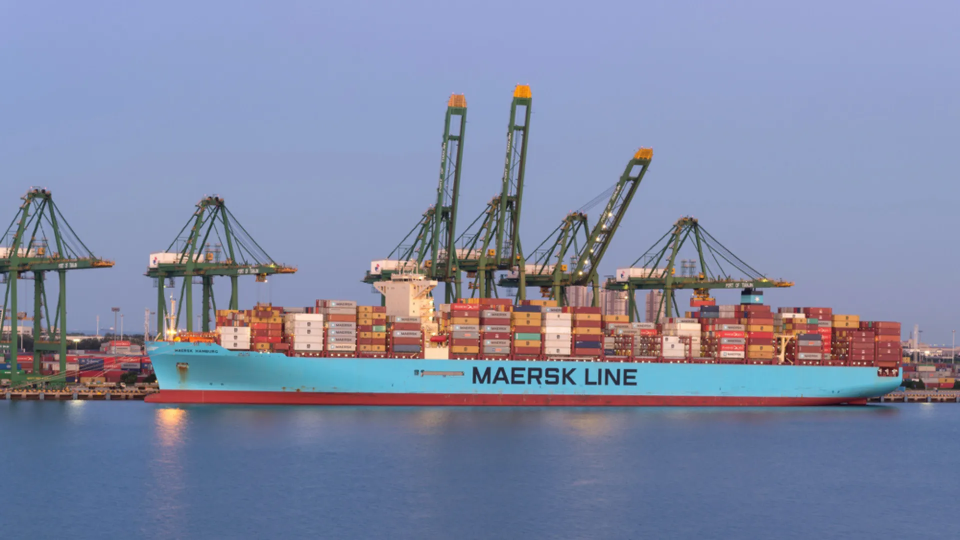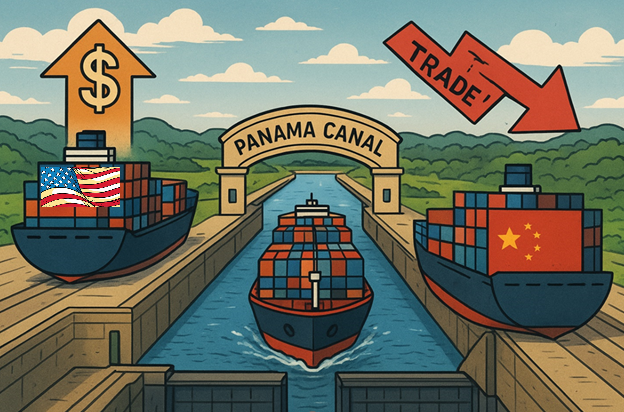Since the start of 2025, much has been written on the impact’s tariffs could have on global trade. But trade disruptions come in many forms. In this piece, we explore a less discussed but deeply consequential issue: Brazil’s bird flu outbreak — and how it threatens not just trade flows, but food security itself.
In May 2025, Brazil confirmed its first-ever case of highly pathogenic avian influenza (HPAI) in a commercial poultry farm, located in the state of Rio Grande do Sol (Brazil’s southernmost state). The confirmation triggered immediate containment measures and bans on Brazilian poultry from the major importers, including China, EU, Japan and Mexico. After a month of efforts in trying to contain the outbreak, Brazilian authorities have stated that the outbreak is now under control. Brazil is now proactively promoting regionalization, limiting trade restrictions only to impacted states, following the World Organization for Animal Health (WOAH) guidelines [1].
The Avian influenza problem might be seem distant or irrelevant, but to put things in perspective, Brazil is currently the biggest exporter of poultry meat (35%) and if the outbreak spreads it might reduce Brazil exports up to 10-20% [2]. Moreover, it’s important to remember the increasingly important role that chicken meat has played in our diets. In fact, Chicken meat consumption doubled over the last 60 years [3], as chicken represents a cheaper and most effective source of proteins in our daily lives [4].
So, the Brazilian Avian influenza could have an impact on our life, however the impacts on logistic sector are already present, from increased scrutiny, bureaucratic burdens, storage costs, reefer container shortages and spoilage risks just to name a few. Beyond logistics, the broader concern lies in food security. For many low and middle-income countries dependent on Brazilian poultry, these supply shocks may lead to price spikes and reduced choices. In relation to this, the South Africa’s Association of Meat Import and Exporters (AMIE) recently proposed to reopen poultry imports from countries that have self-declared freedom from Avian Influenza such as France, Sweden, Denmark and Belgium. This would help the country to alleviate the current supply gap and reduce economic and food security risks that the suspension of imports from Brazil has created.
In conclusion, in a world where supply chains stretch across oceans and consumer preferences shift rapidly, events like Brazil’s bird flu outbreak highlight just how vulnerable—and interconnected—our food systems have become. While the immediate effects may be regional, the ripples are undeniably global. As we face a future shaped by increasingly frequent shocks—be it disease, climate, or geopolitics—resilience in trade will depend on risk diversification, flexible logistics networks, and the ability to adapt at speed.






